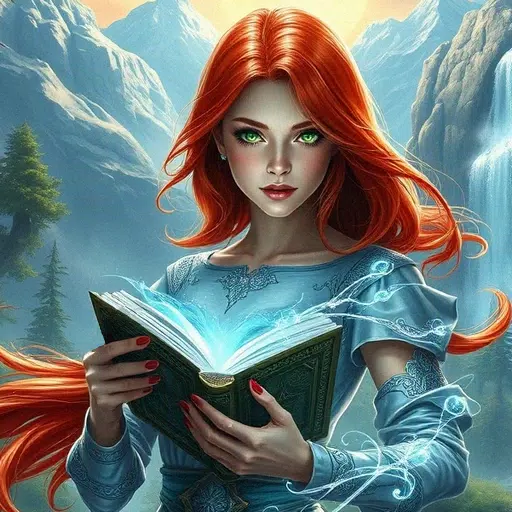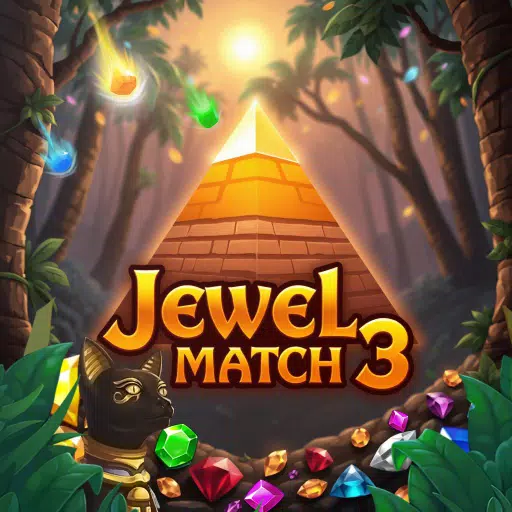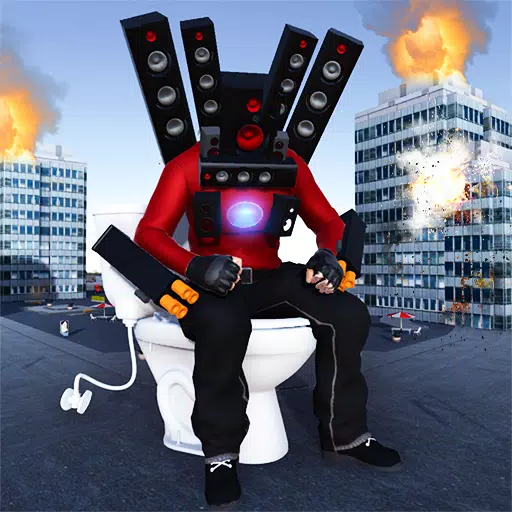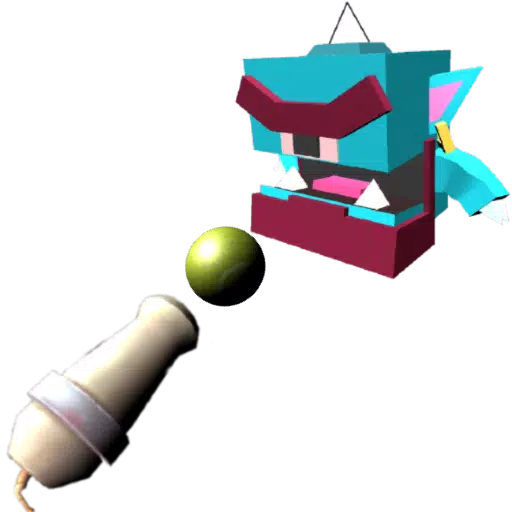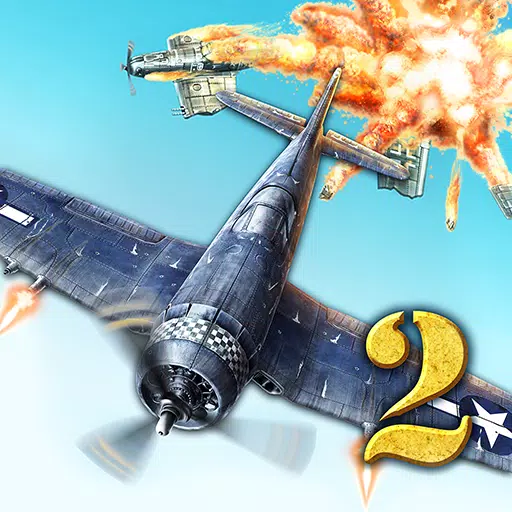Marvel's Fantastic Four: A Timeless Legacy and a Glimpse into "First Steps"
The Fantastic Four, Marvel's First Family, have captivated audiences for over six decades. Their enduring appeal stems from a unique blend of extraordinary abilities, compelling family dynamics, and relatable imperfections. A recently released trailer for "Fantastic Four: First Steps" offers a tantalizing preview of Marvel Studios' latest interpretation of these iconic characters.
The film, set against a stylish 1960s retro-futuristic backdrop, introduces a stellar cast: Pedro Pascal as Reed Richards/Mr. Fantastic, Vanessa Kirby as Sue Storm/Invisible Woman, Joseph Quinn as Johnny Storm/Human Torch, and Ebon Moss-Bachrach as Ben Grimm/The Thing. They face the daunting task of balancing family life with their responsibilities as Earth's protectors, confronting formidable foes like Galactus (Ralph Eienson) and his enigmatic herald, the Silver Surfer (Julia Garner).
This adaptation promises a revitalized take on the Fantastic Four's saga, blending thrilling action sequences with emotionally resonant moments that highlight the power of family bonds. Let's delve into their captivating origin story and explore the parallels with the upcoming film.
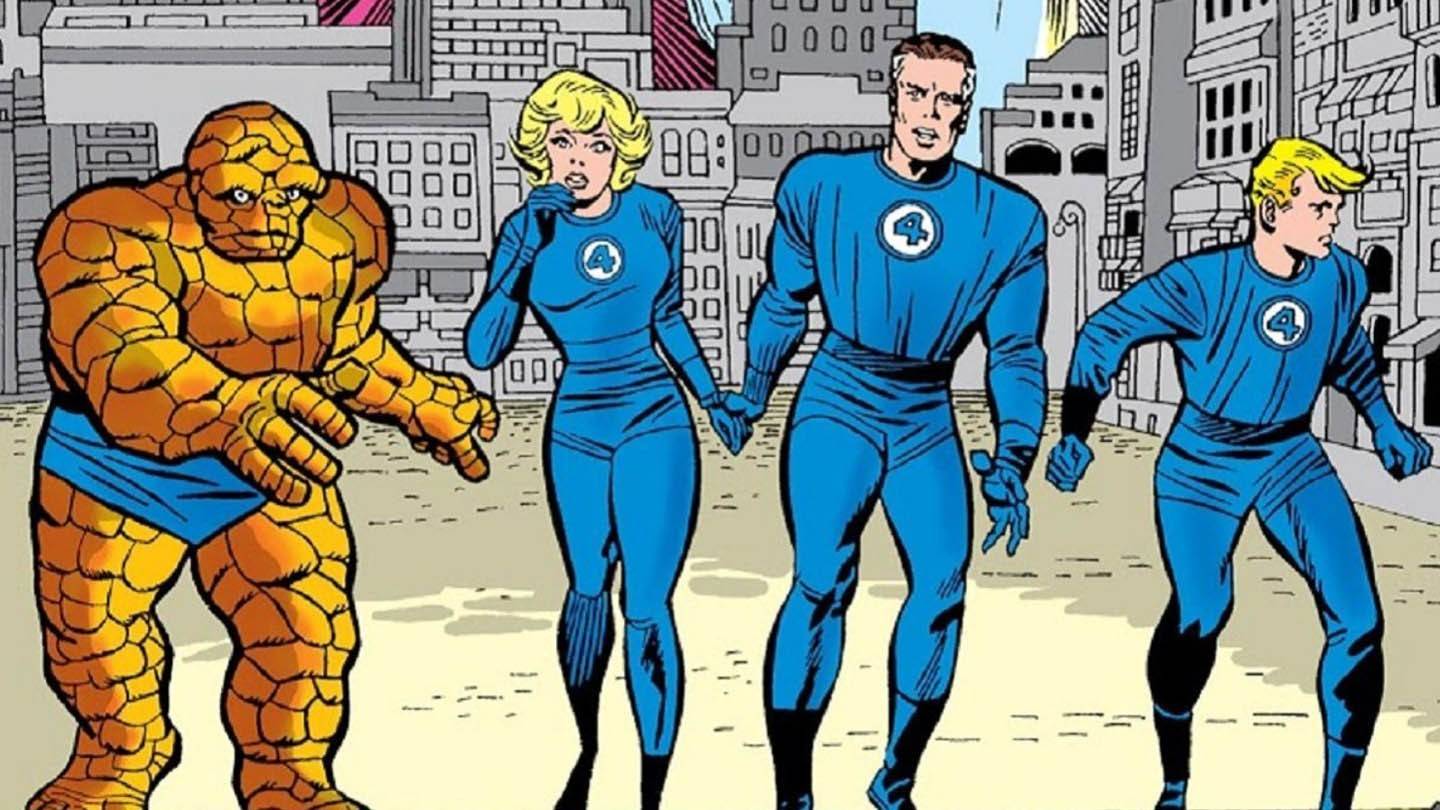 Image: marvel.com
Image: marvel.com
The Genesis of Marvel's First Family
Despite their six-decade-long history, the Fantastic Four remain a beloved cornerstone of Marvel Comics, even after periods of reduced prominence. Their resurgence is largely attributed to the creative efforts of writers like Alex Ross. But how did this legendary quartet originate?
A Spark of Inspiration
By 1961, Stan Lee, Marvel's editor-in-chief and art director, felt creatively stifled. His wife, Joan, encouraged him to create something he genuinely enjoyed. Simultaneously, publisher Martin Goodman, aware of DC Comics' Justice League's success, commissioned Lee to create a superhero team. However, Lee, collaborating with artist Jack Kirby, chose to break away from established tropes.
Redefining the Superhero Archetype
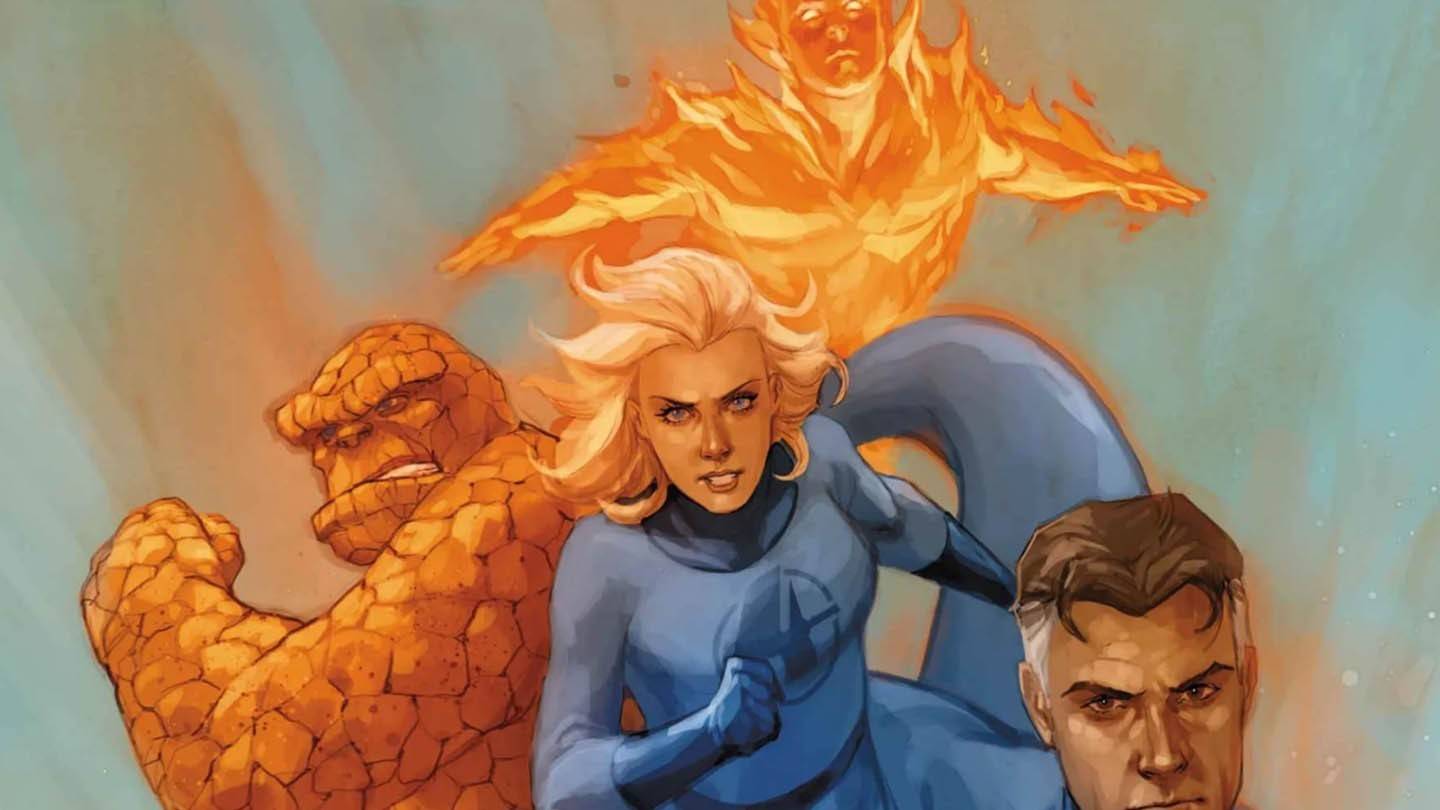 Image: marvel.com
Image: marvel.com
Lee envisioned a team of flawed, relatable individuals. Reed Richards was a brilliant but sometimes detached scientist; Sue Storm, a capable woman defying societal expectations; Johnny Storm, an impulsive teenager; and Ben Grimm, a loyal friend grappling with his transformation into the Thing. Kirby's artistic vision was instrumental in shaping their iconic appearances, particularly the Thing's memorable design.
"Fantastic Four: First Steps" – A Nod to the Classics
The plot of the new film draws inspiration from the very first Fantastic Four comic book.
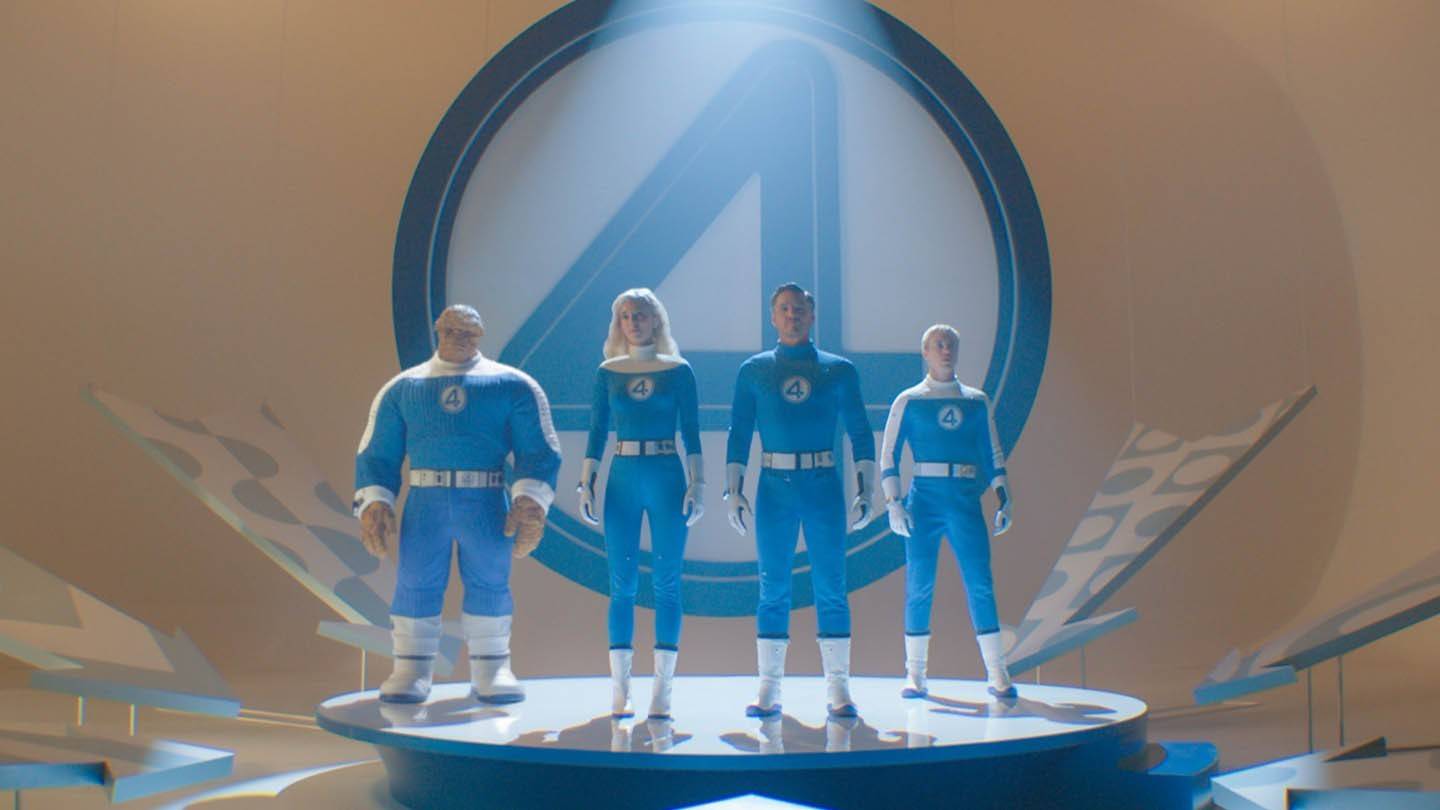 Image: marvel.com
Image: marvel.com
Fantastic Four #1 (August 1961) introduced a revolutionary narrative structure. Instead of starting with exposition, the story begins mid-action, gradually revealing the characters' identities and backstories. The team's origin lies in a fateful space mission where cosmic rays grant them their powers. This mission, undertaken despite warnings, reflects the Cold War space race. Their first mission against the Mole Man showcases their teamwork and ingenuity.
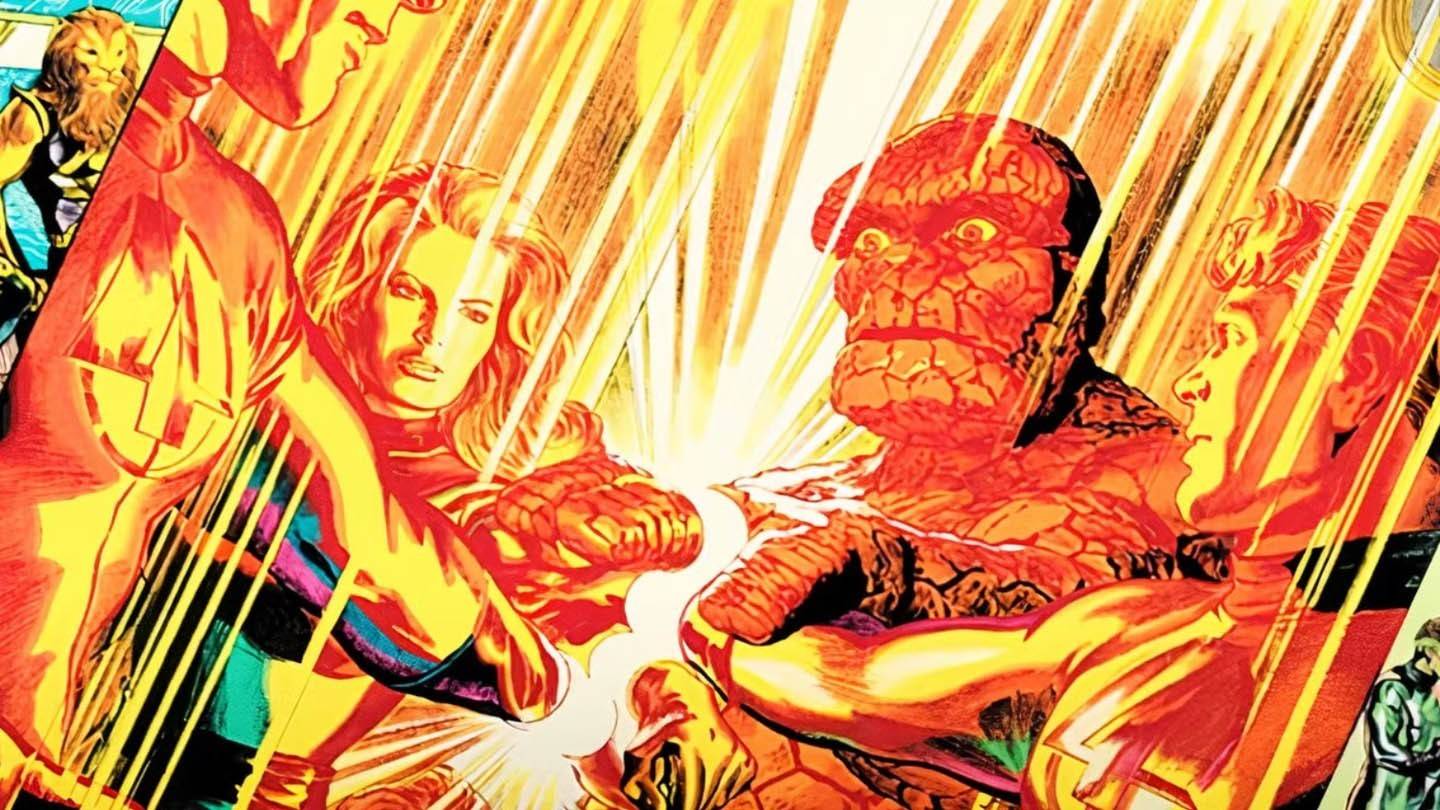 Image: ensigame.com
Image: ensigame.com
Modern Relevance and Future Prospects
The Fantastic Four continue to evolve within the Marvel Universe. Recent comics, like the series by Ryan North and Iban Coelho, offer a blend of humor, action, and drama, exploring themes such as social acceptance. While past interpretations have received mixed reactions, their significance within the broader Marvel narrative remains undeniable. Their roles in events like "Devil's Reign" solidify their status as key players. The anticipation surrounding "Fantastic Four: First Steps" is high.
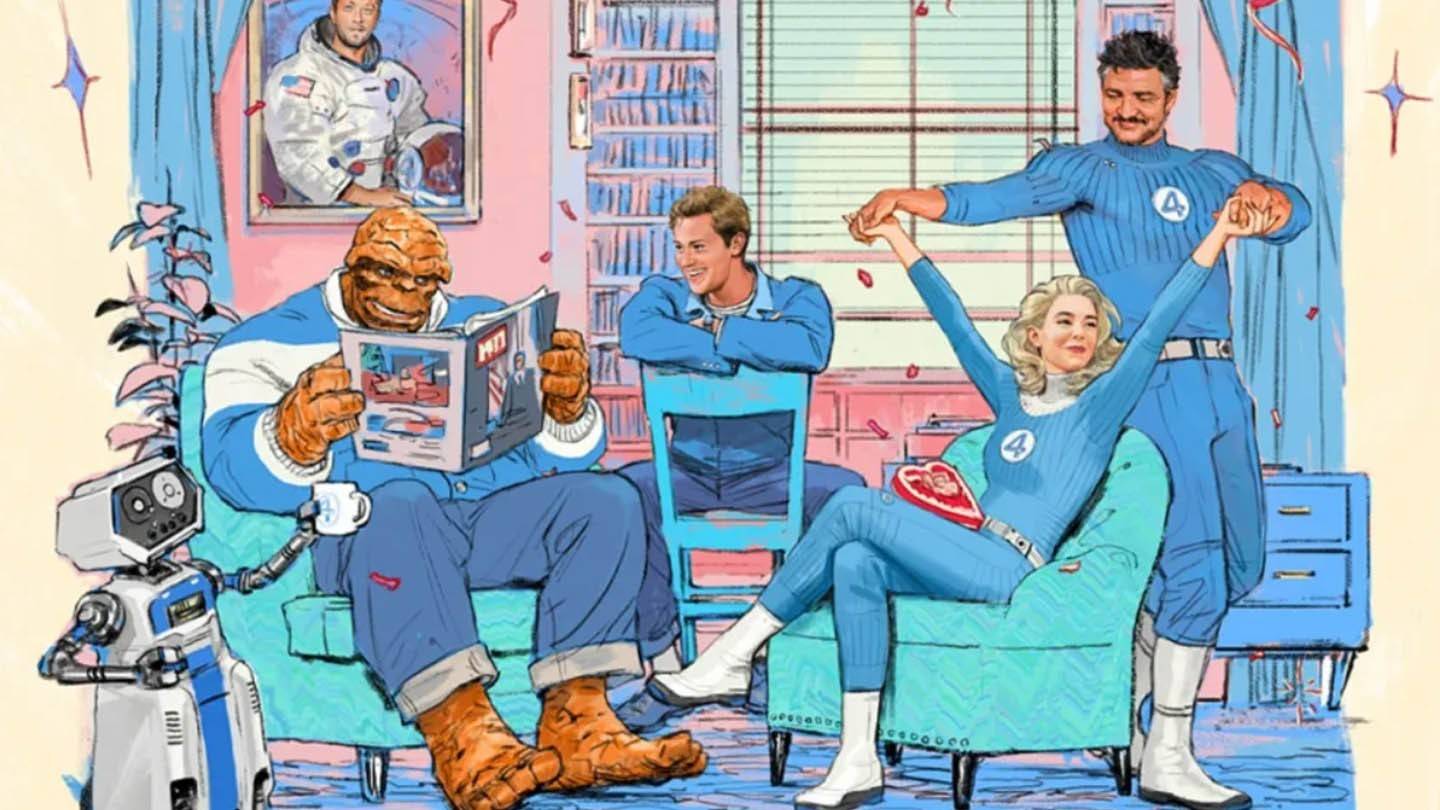 Image: marvel.com
Image: marvel.com
The Enduring Appeal of the Fantastic Four
From their debut in Fantastic Four #1 to their upcoming cinematic return, the Fantastic Four embody Marvel's storytelling prowess. Their complexity, vulnerability, and familial bonds transcend typical superhero narratives. Marvel Studios' reintroduction promises to captivate new generations. Their struggles, whether against cosmic entities or personal demons, highlight the importance of unity, resilience, and love—values that ensure the enduring legacy of Marvel's First Family.

